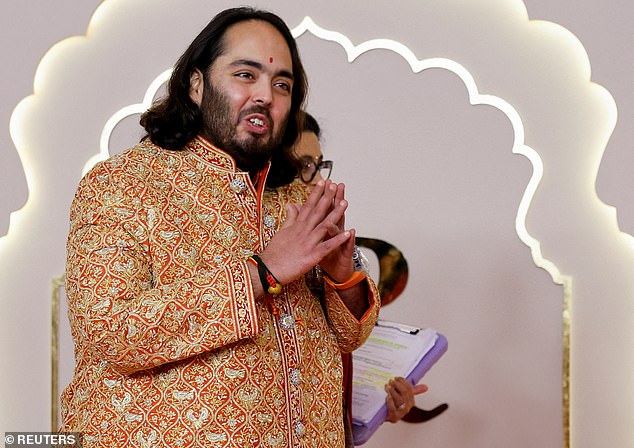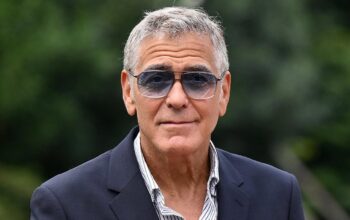What was once celebrated as a dazzling wedding backdrop is now facing legal questions.
Vantara, the massive animal rescue and zoo project founded by Anant Ambani—the youngest son of India’s richest man, Mukesh Ambani—is under investigation after allegations of animal mistreatment and illegal wildlife imports surfaced.
The site, which last year hosted part of Anant’s lavish pre-wedding celebrations where celebrity guests dressed in “jungle fever” outfits, is now caught in the middle of a legal storm that could reshape how it operates.
A Zoo Like No Other
Vantara, located in Gujarat on land that used to be an oil refinery, calls itself the world’s biggest wild animal rescue centre.
The scale is staggering—home to over 200 lions, 250 leopards, 900 crocodiles, and more than 150,000 animals across 2,000 species.
It also includes a sprawling 998-acre elephant welfare trust, which the organization claims is the world’s largest sanctuary for rescued elephants.
Media tours even showed kitchens preparing juices, sweets, and even popcorn treats for the elephants.
Supreme Court Steps In
Despite its grand vision, concerns from NGOs and wildlife activists reached India’s Supreme Court.
They claimed that animals were being mishandled, and questioned how such vast numbers of species ended up there.
Some also accused the Central Zoo Authority, the government’s regulatory body, of not doing its job properly.
On Monday, the court ordered an independent inquiry, led by a former Supreme Court judge, to fact-check the allegations.
While the judges admitted there was no direct evidence yet, they said the seriousness of the claims required investigation.
The panel must submit its findings by September 12.
Vantara Responds to Criticism
In a statement, Vantara insisted that it is committed to legal compliance and transparency.
The centre said it would fully cooperate with the inquiry and emphasized that its mission remains focused on rescue, rehabilitation, and care of animals.
The Central Zoo Authority has so far stayed silent, declining to comment on the case.
A Clash of Culture and Conservation
Not everyone sees Vantara’s mission in the same light.
Earlier this month, communities in Maharashtra protested the relocation of a 36-year-old elephant to the centre.
For decades, the elephant had been part of their religious processions and cultural life.
Reliance acknowledged the elephant’s spiritual importance but said the move was carried out under court orders, pointing to the difficult balance between cultural tradition and animal welfare.
Support from the Top
Vantara has also received high-profile support.
In March, Prime Minister Narendra Modi visited the facility, praising it as a place that “provides a safe haven for animals while promoting ecological sustainability.”
This political backing, however, hasn’t eased concerns from activists who argue that the centre could also be serving as a private wildlife collection for one of India’s wealthiest families.
The Ambanis Behind It All
Anant Ambani, who also plays a key role in Reliance Industries’ technology and telecom arm Jio Platforms, is the face of Vantara.
His passion for animals is well documented, but it comes under the spotlight alongside the family’s global reputation for extravagance.
Just months ago, Anant and Radhika Merchant’s wedding made international headlines as one of the most lavish celebrations ever, costing a reported £250 million.
World leaders, Hollywood stars, and royalty were among the attendees.
The celebrations even stretched into a two-month after-party at an elite club in the UK.
Mukesh Ambani’s Legacy
At the heart of the story is Anant’s father, Mukesh Ambani, widely known as Asia’s richest man.
Despite his quiet, modest, and vegetarian lifestyle, he controls Reliance Industries—an empire spanning oil, gas, retail, and telecom.
Mukesh inherited the foundation of his wealth from his father, Dhirubhai Ambani, who rose from humble beginnings as the son of a schoolteacher to build one of the world’s most powerful petroleum businesses.
After his death in 2002, the empire was divided between Mukesh and his brother Anil.
What Comes Next?
The panel’s report, due in September, will determine whether Vantara truly stands as a pioneering rescue sanctuary or whether the criticism of being a private vanity project holds ground.
Either way, this investigation ensures that the world will keep watching closely—not just because of the animals inside Vantara, but because of the powerful family name tied to it.



